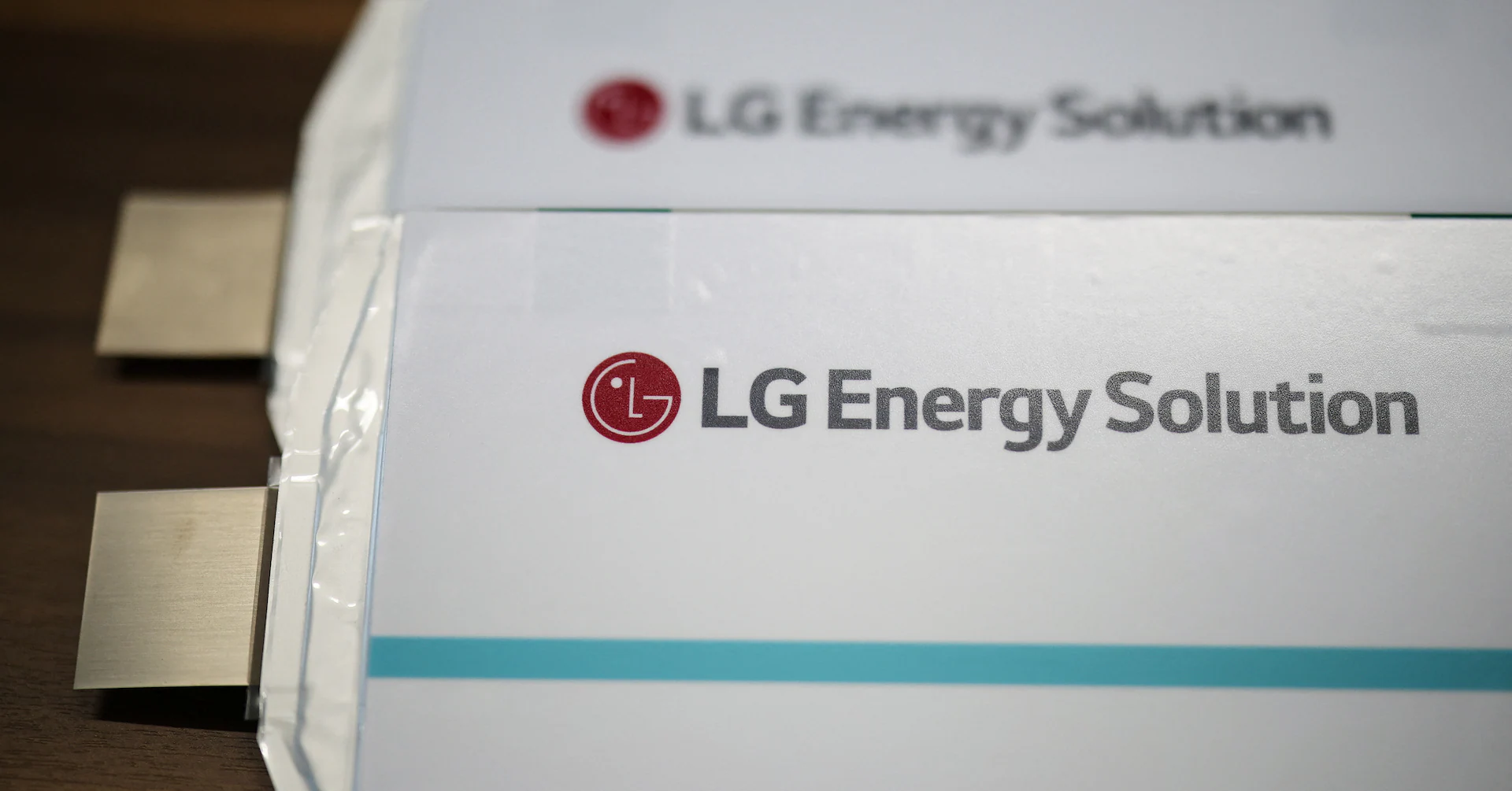By Sofia Kasidova
Copyright novinite

At the HELEXPO 2025 exhibition, one of the central panels on Bulgaria’s economic prospects focused on the country’s upcoming entry into the eurozone, with discussions highlighting both challenges and opportunities. Maya Aleksova, Head of the International Center at UniCredit Bulbank, underlined that the strongest evidence of Bulgaria’s readiness for the single currency lies in the remarkable growth of Greek investment in the country – an increase of 466% over the past five years. She described this as a clear sign of trust from international partners, and particularly from Greece, in Bulgaria’s economic trajectory.
The debate, titled “Is the private sector ready for Bulgaria’s entry into the eurozone?”, was organized by the Green Transition Forum and the Bulgarian-Hellenic Chamber of Commerce and Industry. Alongside Aleksova, the panel featured Deputy Finance Minister Metodi Metodiev, Deputy Governor of the Bank of Greece Theodoros Pelagidis, and Bulgarian National Bank board member Iliya Lingorski. The session was moderated by Sofia Kasidova, who serves on the management board of the Three Seas Investment Fund.
Speaking as a representative of Bulgaria’s largest corporate lender, Aleksova expressed confidence that the business sector is well prepared for the transition to the euro. “From our perspective as the country’s biggest corporate lender, we believe business is ready,” she said at the outset of her remarks. At the same time, she acknowledged that the shift will not be without difficulties, particularly for retailers. The initial months of 2026, when both leva and euro will circulate simultaneously, will require careful liquidity planning. Retailers, she noted, will have to accept leva while giving change in euros, creating the need for precise cash management and operational planning.
Still, Aleksova argued that the most convincing signal of confidence in Bulgaria’s economy and its eurozone prospects comes from abroad. She presented figures showing that last year Greece emerged as the third-largest foreign investor in Bulgaria, behind only Belgium and Austria. Taken together with results from 2023, Greek businesses have pushed foreign direct investment upward by an exceptional 466% over the past five years. She described this as a direct response to Bulgaria’s progress toward euro adoption, saying it demonstrates how regional partners view the move as a powerful business opportunity.
UniCredit Bulbank’s internal figures reinforce this picture. In the bank’s international business portfolio, Greek companies rank third, generating 5% of related income. Aleksova added that the banking sector is already preparing to help smooth the transition. Training materials are being developed to help businesses recognize euro banknotes and coins, while banks are coordinating with the Bulgarian National Bank to plan cash needs in early 2026. “We are working closely to ensure businesses are ready for the operational aspects,” she said.
According to Aleksova, companies and financial institutions have been anticipating this moment for years and are eager to focus on the opportunities rather than the short-term difficulties. She emphasized that the long-term advantages of joining the eurozone will far outweigh the temporary inconveniences, especially for small and medium-sized enterprises. With the removal of currency exchange requirements, banking costs for companies are expected to fall by 20–30%, driven by the elimination of conversion fees, account maintenance for dual currencies, and higher transaction charges.
While acknowledging that banks may initially lose some revenue from these changes, Aleksova pointed to the broader economic benefits. In her words, “the medium- and long-term impact will be overwhelmingly positive, improving the investment climate.” She noted that UniCredit Bulbank already expects foreign direct investment to grow by 50% compared to last year, underscoring her belief that Bulgaria’s eurozone accession will act as a catalyst for stronger economic growth.
In her concluding remarks, Aleksova painted an optimistic picture of Bulgaria’s economic future within the eurozone. The removal of currency barriers, lower transaction costs, and improved investment conditions, she argued, will not only strengthen the business environment but also help ensure lasting benefits for the country’s economy.



